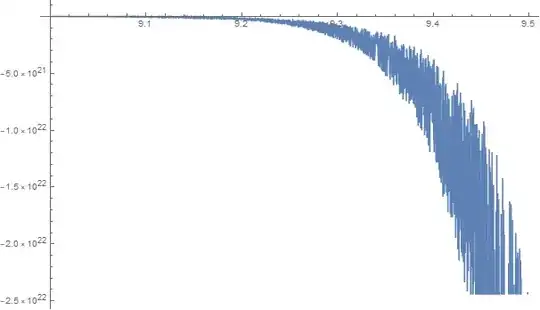I have some difficulty with the following exercise:
Calculate $\int_{0}^{\infty}\frac{\sin(xy)}{1+x^2+y^2}dx$.
I tried to differentiate $\frac{\sin(xy)}{1+x^2+y^2}$ to simplify the integral, but the result seems to be more difficult.
I don't have any idea on how to solve this. Can anyone help me or give me a hint?

